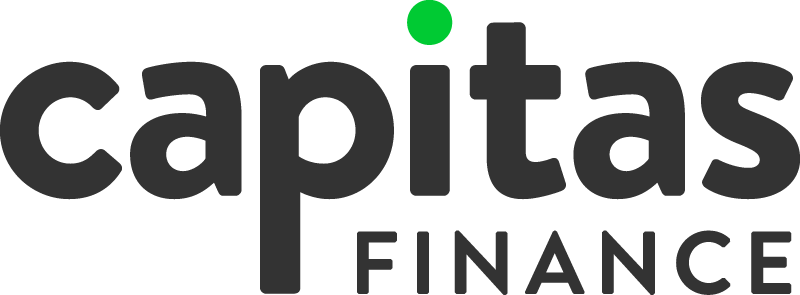The Energy Savings Opportunity Scheme (ESOS) is changing. It may have started life as a gentle nudge towards efficiency measures, but planned changes will turn it into a more powerful driver for action.
ESOS has always required businesses to identify potential energy efficiency measures and assess them for cost-effectiveness, and the government’s thinking was that this alone would prompt action.
As we explained in a recent blog post:
Getting a set of costed recommendations tailored to their specific needs, with the benefits clearly spelled out, was expected to be a powerful motivator for businesses to get on with it. Unfortunately, businesses have been slower to act than the government expected. Surveys carried out by the Department of Business, Energy and Industrial Strategy (BEIS) suggest that most businesses in scope of ESOS have ignored the “opportunity” part in favour of treating it as yet another onerous piece of paperwork.
To shake up this attitude and make ESOS a tool for real change, the government will be updating the regulations. At the end of July 2022, BEIS produced a consultation response setting out the changes coming in for Phases 3 and 4.
Changes to Phase 3 requirements
Subject to parliamentary approval, some of the changes will take place in Phase 3. This is the current phase with a compliance deadline of 5 December 2023. These changes are:
- Requiring certain details to be included in every ESOS report, for standardisation reasons. This includes lead assessor details, total energy consumption and reason for falling in scope of ESOS.
- A change to the de minimis exemption from 10% to 5%.
- Requiring reports to include an overall energy intensity metric in the overview section.
- New guidance on how to carry out ESOS audit recommendations, especially with regard to financing.
- A mandatory requirement for additional ESOS data, such as a breakdown of energy consumption by fuel type and use category.
Mandatory energy-saving plans for businesses
One of the most significant changes for businesses won’t become mandatory until Phase 4 – but it is important to get ahead of it now. This is the forthcoming requirement to make a plan for energy savings.
Roughly 63% of consultation respondents were supportive of the idea that ESOS participants should be required to set a target or action plan for their energy-saving measures and report on progress annually. Those who disagreed with the plan didn’t necessarily object to the principle; they were mainly concerned about issues such as administration, standardisation across different sectors and crossover with the Streamlined Energy and Carbon Reporting scheme (SECR).
Because of this strong support, the government will be bringing in mandatory energy-saving plans for businesses. If they are also in scope of SECR, the reporting can be done in the energy efficiency narrative part of their annual SECR report. For the minority who are in scope of ESOS but not SECR, there will be a reporting function on the ESOS web portal.
These plans will not be required in Phase 3. But from Phase 4 onwards, it will be compulsory to:
- Set a target for energy savings;
- Report on progress towards that target;
- If the target has not been met, explain why.
The sticking point: finance
The direction of travel for ESOS is clear. Requirements are tightening in an effort to push businesses into acting on the recommendations in their reports. This means that plans for action must be specific and realistic. This means including both timescales and costs for implementing energy efficiency measures. And this latter could be a sticking point for many businesses.
High-volume energy users are already struggling with the recent increases in energy costs. Uncertainty over future prices in a volatile market makes it harder to plan for investment. No wonder that according to the British Chambers of Commerce, business investment growth is forecast to weaken significantly for the rest of the year.
But the point of ESOS – the reason why it has the word “opportunity” in the name – is that the efficiency measures recommended in company audits will save money in the long run. Failing to implement them means wasting money and becoming more vulnerable to rising energy prices. And now, failing to have a plan could be a compliance risk too.
This is where Capitas can help. We specialise in financing energy-saving measures and clean tech. We have a wide range of different financing options, so you can choose the package that works for your company’s balance sheet and specific priorities. When you partner with us, you get the benefit of our expertise in the kind of measures that your ESOS audit recommends.
Getting finance today could get your business moving faster down the road to net zero and futureproof your regulatory compliance, while actually saving you money. To take the first step, contact us today.
Other blogs you may be interested in.




